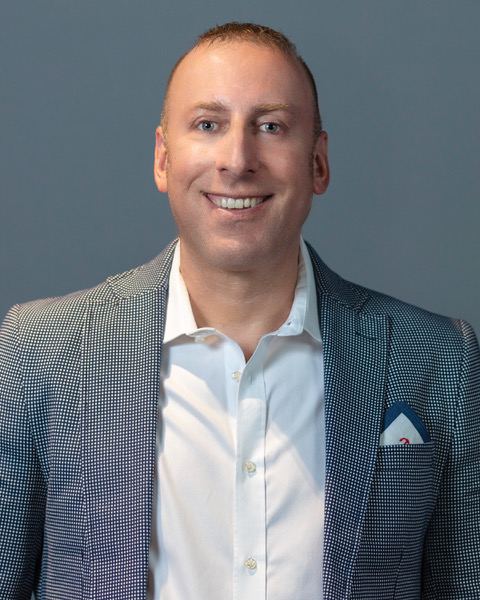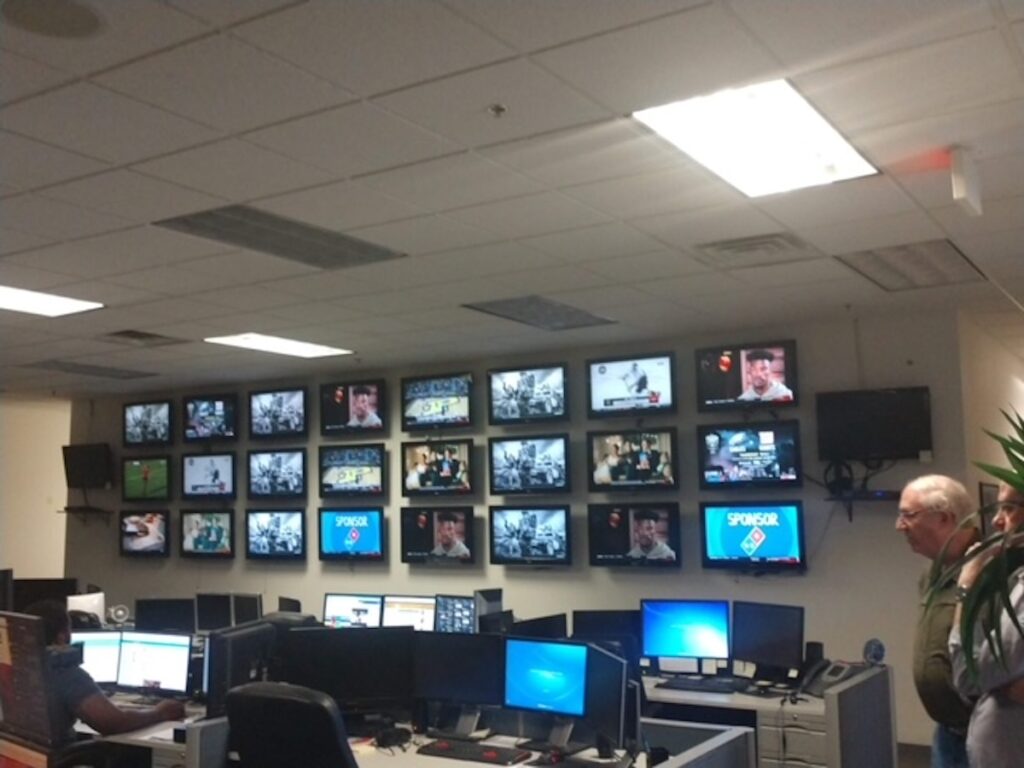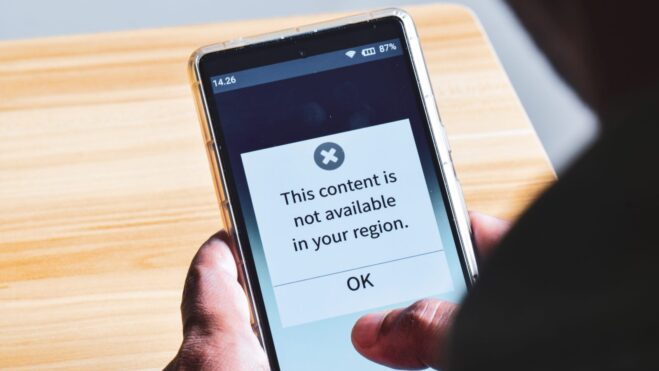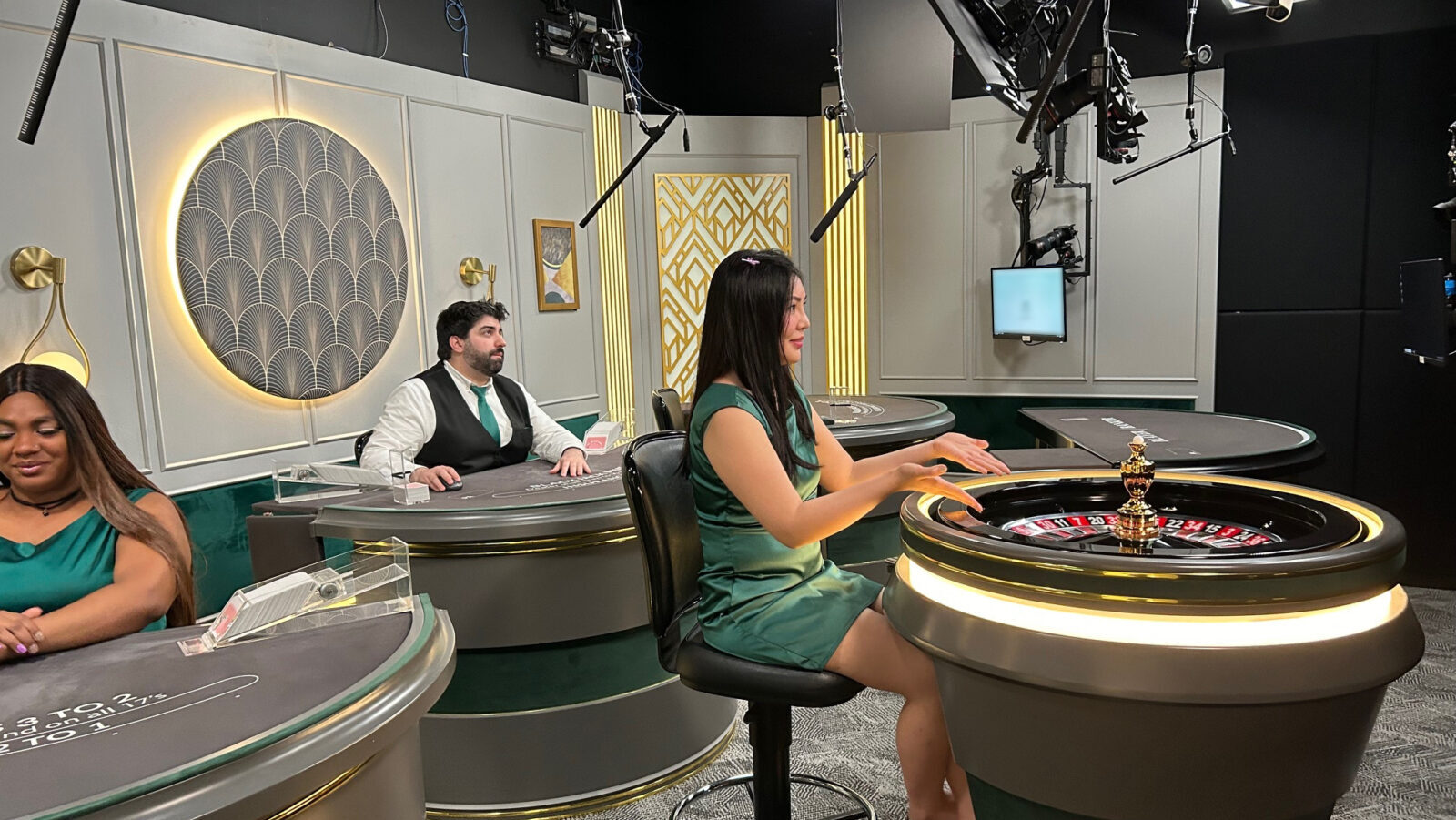Reel Lives: Investor-Advisor Benjie Cherniak On A Common Founder Misstep, Sports Betting Tech And Innovation, And One Great Canadian
Cherniak talks Don Best origins, valuations, pivots, regulation, resilience, and more
7 min

Every gambler has a story to tell. And so does every person who chooses to make a living in this unique industry.
In our “Reel Lives” series, Casino Reports shines a spotlight on people working in the gaming business, from executives, to analysts, to media members and communications pros, and all points in between.
The subject in this interview: Benjie Cherniak, the Montreal-born former managing director of sports information and betting data group Don Best Corporation. Following Don Best’s acquisition by Scientific Games in 2018, Cherniak stayed aboard in the same role for two years before founding Avenue H Capital, an investment and advisory firm focusing on the sports wagering and iGaming industries.

Casino Reports (CR): How did your 14-year run at Don Best shape the way you view the industry? What kind of lasting impressions did that make?
Benjie Cherniak (BC): My tenure at Don Best, for me, it shaped everything, right? These were the early days of the industry, the pre-PASPA-repeal days. It was a bit of a different world, particularly in North America. Being in Las Vegas and in the U.S., the industry was really just Las Vegas and the global markets. There was no legislated U.S. market, and the day-to-day of running the Don Best business, and figuring out U.S. pricing and that entire component of it, really the day-to-day battles that we went through, shaped everything that I know about the industry and everything I love about the industry.
CR: As an investor-advisor now at Avenue H, you’re involved with a lot of early stage companies. What’s a common and consequential misstep that you’ve seen a lot of founders commit?
BC: A common misstep is that a lot of founders are a little too tied to specific valuations. That, or they are raising at too high a valuation in early stages, and/or raising too much capital in early stages. There’s no shortage of companies we’re seeing today and that we’ve observed in the last couple of years and we’ll see tomorrow that are kind of struggling because they raise at too high a valuation in the early going. You’ve always got to think a few steps ahead, and I think for a founder, of course you want to protect your equity and be smart, but at the same time I think that focusing too heavily on valuation is a common misstep.
CR: Let’s call back to your Don Best experience for a moment. Given your roots there, thinking about the old odds screen: Have any of the newer odds aggregators in the space really impressed you? Or any products or innovations that you’ve seen in that realm?
BC: Well look, there’s no shortage of them. There’s a whole bunch of emerging companies that are doing interesting things. If you look at a company like an OddsJam, they do a whole lot more than just odds aggregation, right? On the B2C subscription side, they do offer some of that product that we had in those days.
I think that what they’re doing better is a few things. They just have better technology today than we had back then. And the way that they gather their technology, the way that they gather their data and infuse it and distribute the data, it’s just a lot more efficient. Beyond that, OddsJam and other companies — Outlier is another one and there’s a whole bunch of them — these companies are creating innovative ways for presenting the player props in a screen format and an XML format. I think that speaks in part to where the market is headed, where the player-driven bets are a bigger thing today than they were back then.

CR: Let’s talk a moment about sportsbooks that are operating within a sweepstakes model. There’s Fliff, Rebet, Prophet Exchange (ProphetX) and NoVig recently pivoted. Maybe moreso for casinos than sportsbooks using sweepstakes prizing, but all of them are facing an increasing amount of scrutiny and hostility from within the established industry, and in some cases lawsuits. How do you expect Fliff and its peers to manage this wave of negative attention?
BC: You know, I think that in every business you have ups and downs, and we’ve seen it in the fantasy space as well. Dating back to the days of FanDuel and DraftKings, they were fantasy sports companies facing the exact same kind of scrutiny that the sweeps businesses are facing today and that the Daily Fantasy 2.0 were facing a couple of years ago and still face to some extent, right?
At the end of the day, the companies that are meant to overcome these challenges will overcome them. The key for these operations is not to get too caught up in the hoopla and the media attention to it and just focus on what you need to do, both from an operational standpoint and from a policy, legislative, and lobbying standpoint, to ensure that you protect your turf.
CR: Have any of the companies in your portfolio, or even outside of it, made a really creative or unexpected pivot that proved a lasting benefit to the company’s trajectory?
BC: Yeah, we can talk about some of the ones in my portfolio. If you look at a company like Kero, when I first got involved there, they weren’t a real-money gaming product.
They were an app within sports teams and an experience, a user engagement experience within sports teams. Don’t get me wrong — the credit there goes to the CEO; there was always an intention to pivot over time to real-money gaming, and they have executed that pivot. And if you look at where they are today, they’re in a really strong spot moving forward with real-money gaming being the key driver of that business. But it began as free to play, play for prizes, user engagement within the sports team app. So I find that to have been a successful and ongoing pivot today.
More recently, another company that I’m involved with is a company called Shot Quality. When they began — measuring the quality of shots being taken — it was a coaching product and a coaching tool, being used by college basketball teams. The UConn Huskies used it. Their pivot has been into the world of sports engagement and real-money sports betting and providing this technology, initially for basketball, being built out now for other other sports as well and computer vision products for syndicates, for sportsbook operators, for media companies, for pricing shops. There’s some real applications there from the technologies that they built, which began almost accidentally as a coaching tool by a freshman at university who was sitting on the bench with the team, trying to find an edge for his teammates.
CR: I love it when you get those serendipitous inventions like that.
BC: Yeah, and look, they still have a long way to go. These guys are still in the early innings, but it’s been an interesting candidate for sure.
CR: Is there anything regulators have done in Ontario with respect to sports betting or iGaming that you think may be going a bit overlooked or underappreciated here in the U.S.? Something that U.S. regulators may be wise to import?
BC: If you look at the Ontario model, what they did, which none of the U.S. states have done, they’ve allowed bad actors in — if you were a quote-unquote bad actor that was operating in the gray market space previously. But as long as you came in and got the appropriate licensure, you’ve been allowed to play ball. I think to a certain extent, that potentially helps eradicate that black or gray market — which in the U.S. still festers at a pretty significant pace versus Ontario.
Reel Fast

Favorite sport to bet on and favorite to watch, if not the same?
I’m not much of a bettor, believe it or not, but I’m a hockey guy. My roots.
What’s the most memorable cover you can recall watching live at the Don Best offices.
You know, I hate to plead the fifth. Well, no, I just don’t have an answer. When I was at the Don Best offices, there were 100 games on at once and I’m in my office running a business, not really thinking about it. So, no answer for you there, which speaks to how dedicated we were to the task at hand at Don Best, which was producing data!
I know you’re into hiking. What’s a favorite trail that you’ve hiked in the U.S.?
Another tough one. I’ll say Angels Landing out in Utah [Zion National Park] would probably be my favorite one that I do on a repeated basis. But I wouldn’t sleep on the trails out in Red Rock in Nevada.
Favorite fast food chain?
I’ll go with In-N-Out.
Of these great Canadians in entertainment, which do you think is the greatest: Keanu Reeves, Jim Carrey, or Mike Myers? Or feel free to write one in.
I’ll go off the grid here. One that comes to mind is Donald Sutherland, who recently passed, but I’ve got to pick Michael J. Fox. That’s my answer.
Do you prefer using paper towels or air-powered dryers?
I guess I’m a paper towel guy. If they’re there, I’ll use them, but don’t tell the environmentalists.
We won’t. Best U.S. airport?
I’m pretty impressed with this revamp they did at La Guardia. Some pretty good restaurants in there and it’s all shiny and new.
Last movie you saw in the theaters?
I’m too busy watching games to go too many movies, so it might be that last James Bond movie. No, actually, it was the last Top Gun movie, Top Gun: Maverick.
You can find Benjie on LinkedIn, where he is dedicated at all times to the task at hand.




